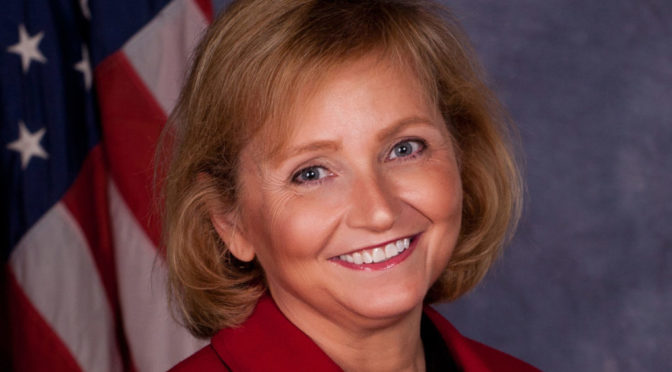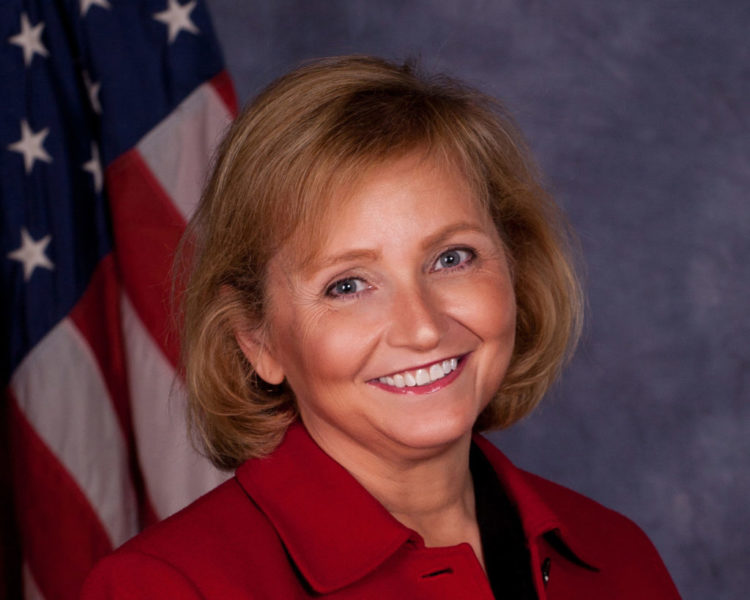Inaugural Kansas soybean shipment delivered to China
TOPEKA – Lieutenant Governor and Commerce Secretary David Toland today congratulated Kansas grain wholesaler The DeLong Co. on its recent shipment of 500 metric tons of soybeans to Henan Shennong Extruded Feed Technology Co. in Henan, China – the first such direct containerized grain shipment to China ever from the state of Kansas.
The soybean shipment resulted from the 40-year Sister-State relationship between the State of Kansas and the Chinese province of Henan. In May of 1989, Kansas Governor John Carlin and Henan Governor Liu Jie signed an agreement establishing friendly Sister-State relations to develop cooperation, facilitate diplomacy and foster a strong business connection. In September of 2021, Kansas and Henan celebrated the 40th anniversary of this long-standing relationship with a virtual event that included top political, economic, agricultural and educational leaders from Kansas and Henan.
“Kansas is a worldwide powerhouse of agriculture production,” Lieutenant Governor and Commerce Secretary David Toland said. “Our farmers and ranchers take their job of feeding the world very seriously, and we’re pleased that existing trade partnerships have led to the establishment of new customer relationships and markets abroad. Through our International Division at the Department of Commerce, we will continue to engage and facilitate new exchanges with our Sister-State and consumers worldwide.”
“Through exports, Kansas producers help feed the world,” Kansas Secretary of Agriculture Mike Beam said. “This monumental development of sending soybeans to Henan, China by way of a shipping container enhances the relationship with our Sister-State and her consumers.”
This soybean shipment marks the beginning of what the state hopes will be a continued dialogue leading to more such deals. To celebrate this inaugural Kansas-based shipment, leadership from both Kansas and Henan recently met virtually and agreed that discussions about future sales would continue.
“We are pleased to see the ongoing market development work of the Kansas Soybean Commission play a small role in the direct purchase of soybeans from a key state partner in the DeLong Company,” Kaleb Little, Kansas Soybean Commission Administrator, said. “The long-standing Kansas-Henan sister-state relationship continues to be mutually beneficial, adding value for the soybean producers of our state. This serves as a very tangible example of the return on investment of the soybean checkoff.”
Henan was originally chosen as a Sister-State for Kansas due to their agricultural role in China and their geographic location in the middle of the country. This year, both sides began negotiations for the export of Kansas products to Henan. As a result, The Delong Co., based in Edgerton, and Henan’s Shennong Extruded Feed Technology Co. made the agreement to export 500 metric tons of containerized soybeans from Kansas to Henan.
“We are thrilled about this first order placed by Henan Shennong,” Brandon Bickham, Delong’s Senior Exporter Director, said. “A direct contract like this helps us better understand our customer’s specific needs. We are confident that it also bodes well for our new business relationship with Shennong.”
About The DeLong Co., Inc.
The DeLong Co., Inc. is a sixth-generation, family-owned company, committed to cultivating prosperity – for their customers, employees and community. Headquartered in Clinton, Wisconsin, the company operates 38 locations around the U.S. and comprises six divisions of agricultural and logistical sales and services: grain, exports, agronomy, seed, transportation and wholesale feed. The DeLong Co., Inc. was an early innovator of shipping commodities via container and is currently the largest U.S. exporter of agricultural products by container. Learn more at delongcompany.com.
About the Kansas Department of Commerce
As the state’s lead economic development agency, the Kansas Department of Commerce strives to empower individuals, businesses and communities to achieve prosperity in Kansas. Commerce accomplishes its mission by developing relationships with corporations, site location consultants and stakeholders in Kansas, the nation and world. Our strong partnerships allow us to help create an environment for existing Kansas businesses to grow and foster an innovative, competitive landscape for new businesses. Through Commerce’s project successes, Kansas in 2021 was awarded Area Development Magazine’s prestigious Gold Shovel award and was named Site Selection Magazine’s Best Business Climate in the West North Central region of the United States. Find the Department’s strategic plan for economic growth here: Kansas Framework for Growth.
###



